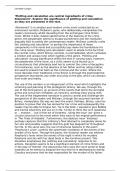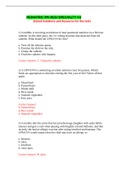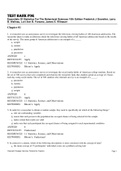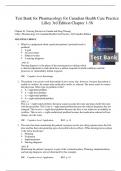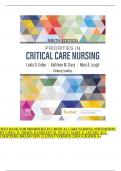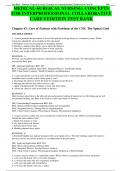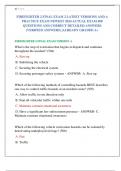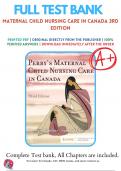Exam (elaborations)
‘Plotting and calculation are central ingredients of crime Atonement’. Explore the significance of plotting and calculation as they are presented in the text.
- Module
- Elements of Crime Writing
- Institution
- AQA
I obtained an A* for this particular essay.
[Show more]
